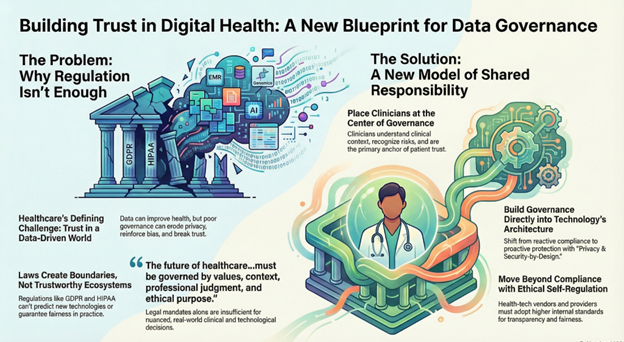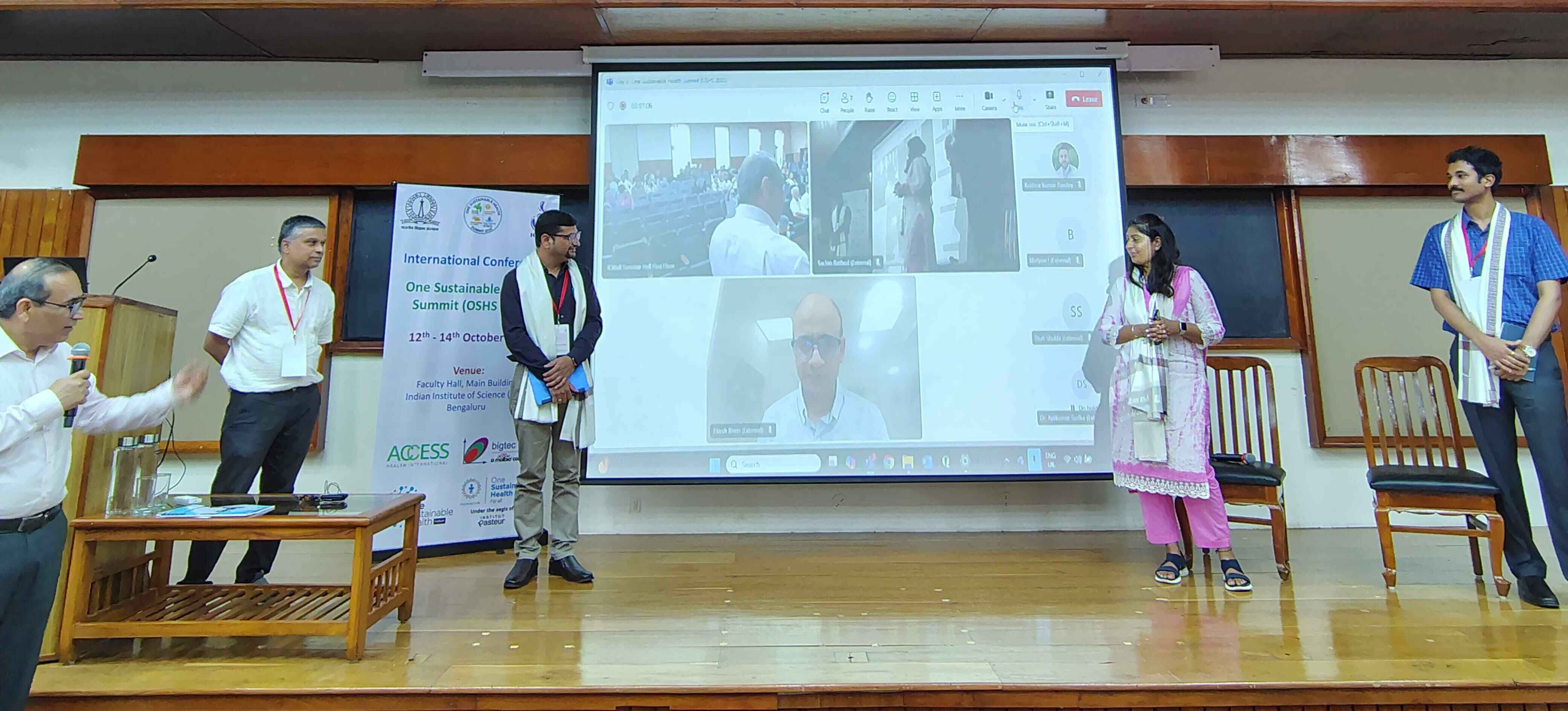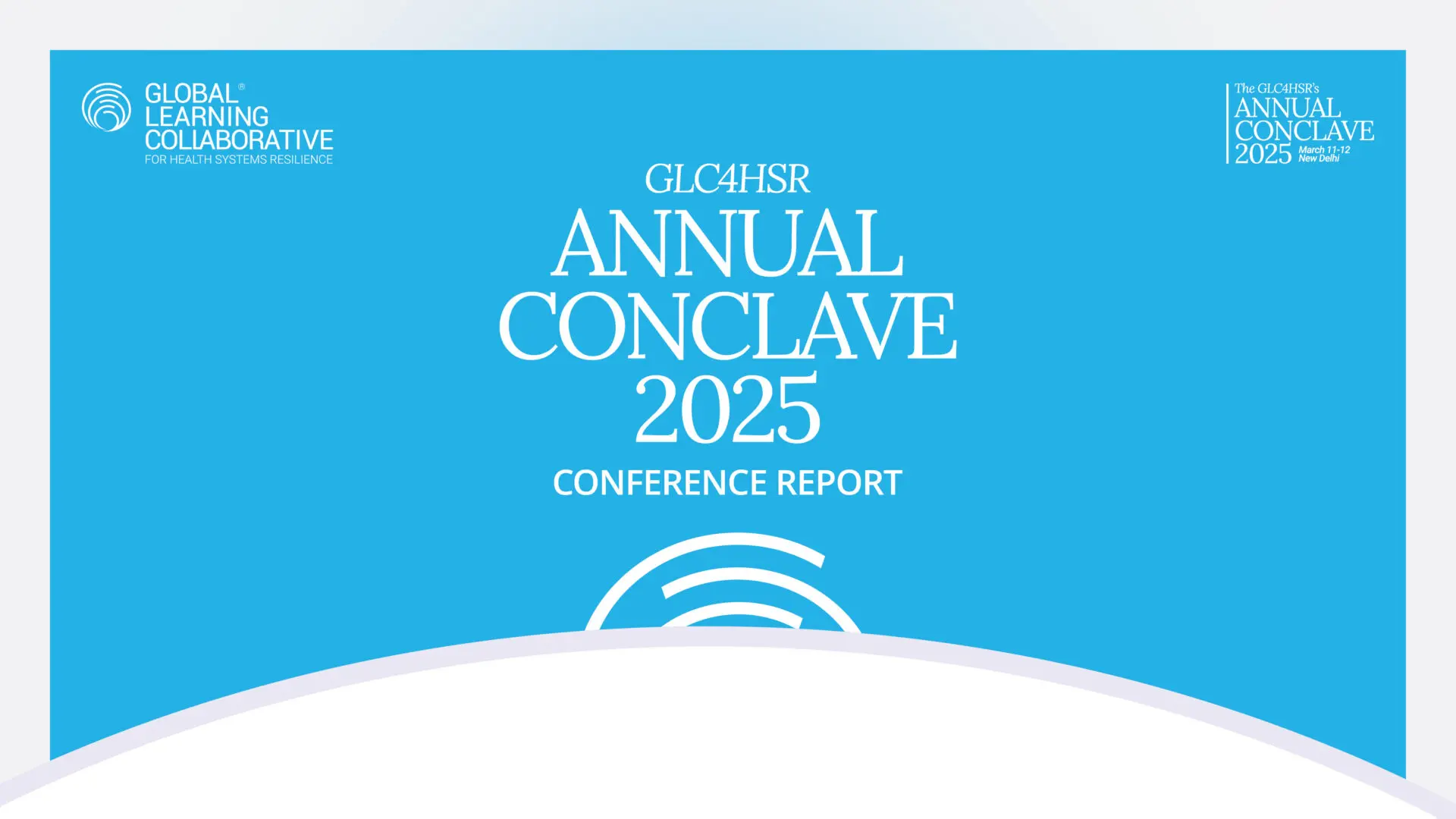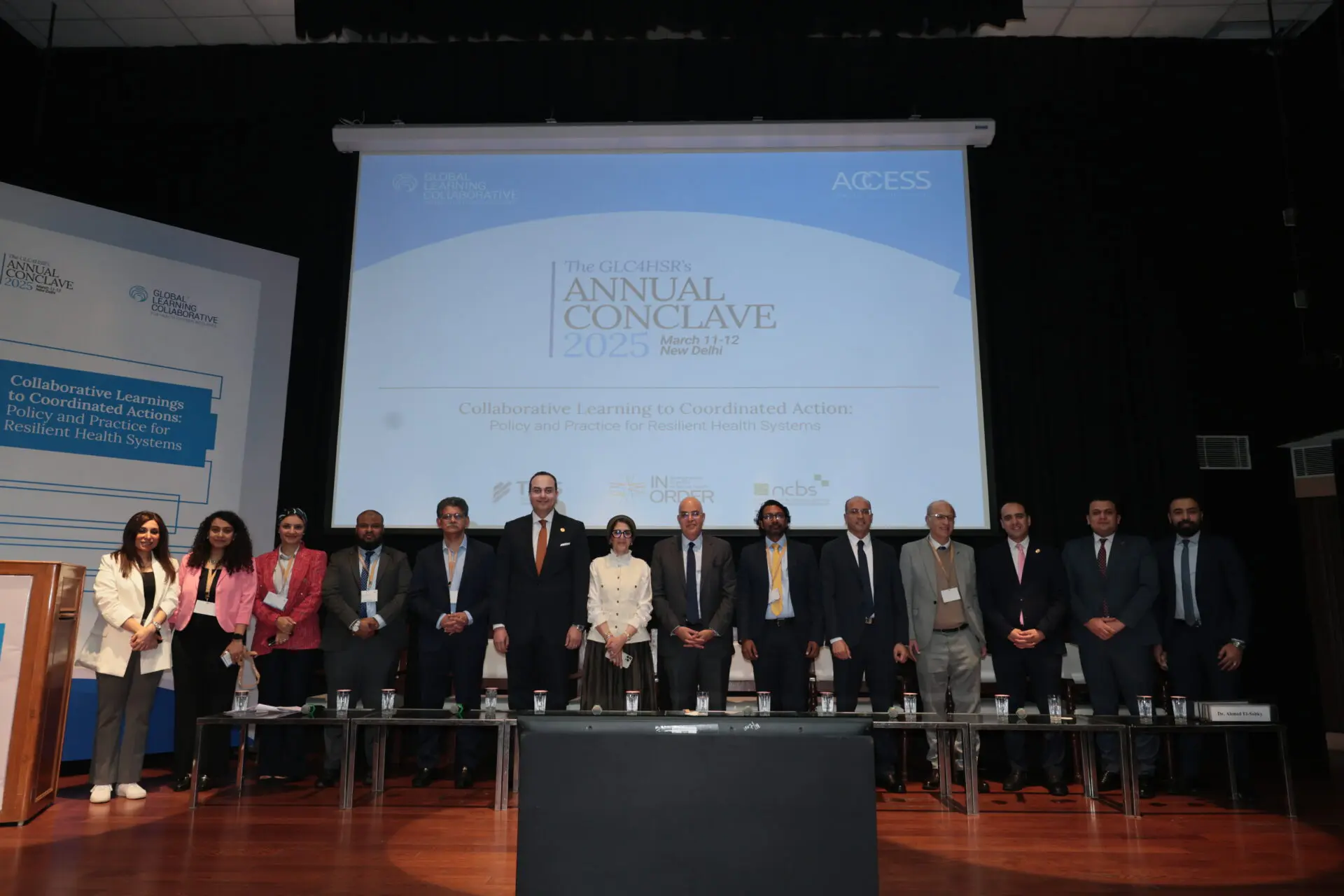Environmental Surveillance for Community Health: Insights from Bengaluru's wastewater surveillance initiatives
Updates ▪ Aug 30, 2023
What comes to mind when you think of Bengaluru? Probably lakes, traffic, gardens, great weather, tech companies. But did you know that Bengaluru also has a unique sewage system? More than 90% of Bangalore’s wastewater is treated in sewage treatment plants (STP) across the city. This makes it an ideal place for environmental surveillance, where we use sewage wastewater to assess the health of people in Bengaluru city.
Wastewater surveillance to monitor health at a community level has been around for a while, but the COVID-19 pandemic saw an invigoration of these approaches. Wastewater-based health surveillance or environmental surveillance (ES) is an excellent tool for tracking the presence of different pathogens in the environment. All it needs is a regular and consistent testing of wastewater. It is quite economical and provides real-time data which makes it very useful for developing countries like India where not everyone has access to healthcare.
Funded initially by the Bangalore sustainability forum, ES started in March 2021 by Dr. Uma Ramakrishnan and her student B.R. Ansil from National Centre for Biological Sciences in collaboration with Mr. Vishwanath S., Bangalore’s water man (Biome Trust), to understand whether COVID-19 could be detected in wastewater in Jakkur and Yelahanka STPs. Thanks to a memorandum of understanding with the Bangalore Water Supply and Sewerage Board, our team from TIGS, together with Mr. Vishwanath, expanded this effort across active 28 STPs in Bangalore city in August 2021.
In the last two years, all STPs have been sampled weekly and 14 STPs on biweekly basis to monitor trends in SARS-CoV-2 positivity, and sequencing of positive samples to understand diversity of SARS-CoV-2 variants in community samples. Because infected individuals start shedding the virus several days before symptoms show up (or not) and only select individuals get tested for COVID-19, wastewater can provide an early warning detection system for upcoming waves of infection. Funded by The Rockefeller Foundation, the team at the Bangalore Life Sciences Cluster was able to analyze early warning trends and variants of concern and have been in regular contact about these results with the local authorities, in this case the Bruhat Bengaluru Mahanagara Palike (BBMP), so the data can be used for making informed policy decision.
The Bengaluru wastewater viral load used to mirror the ongoing testing data but now with a very low testing rate, it is difficult to know how many people are infected at any given time. At such times wastewater surveillance is of advantage, giving us a real time view on how much of the virus is out there. With very low testing in the city, wastewater surveillance is crucial to understanding which variants were circulating at the community level, and also in identifying the variants driving the incipient outbreaks.
The wastewater surveillance went hand in hand with clinical sequencing, also funded by The Rockefeller Foundation. The Bangalore Life Sciences Cluster, with its excellent facilities and diverse institutions fostered these organic and critical collaborations. TIGS has now expanded the diseases surveyed through wastewater, to antimicrobial resistance genes and other pathogens in urban and peri-urban regions of Bengaluru. Our research efforts are well integrated into the One Health Bengaluru City theme within the Principle Scientific Advisor (PSA, Government of India) sanctioned Bangalore Science and Technology Cluster (BeST).
Author Dr Farah Ishtiaq is an evolutionary ecologist interested in ecology and evolution of emerging infectious diseases. Currently Dr. Ishtiaq serves as Principal Scientist, Tata Institute for Genetics and Society, Bengaluru and leads the wastewater surveillance programme in Bengaluru. TIGS Bengaluru is a recently onboarded institutional member of the GLC4HSR.






